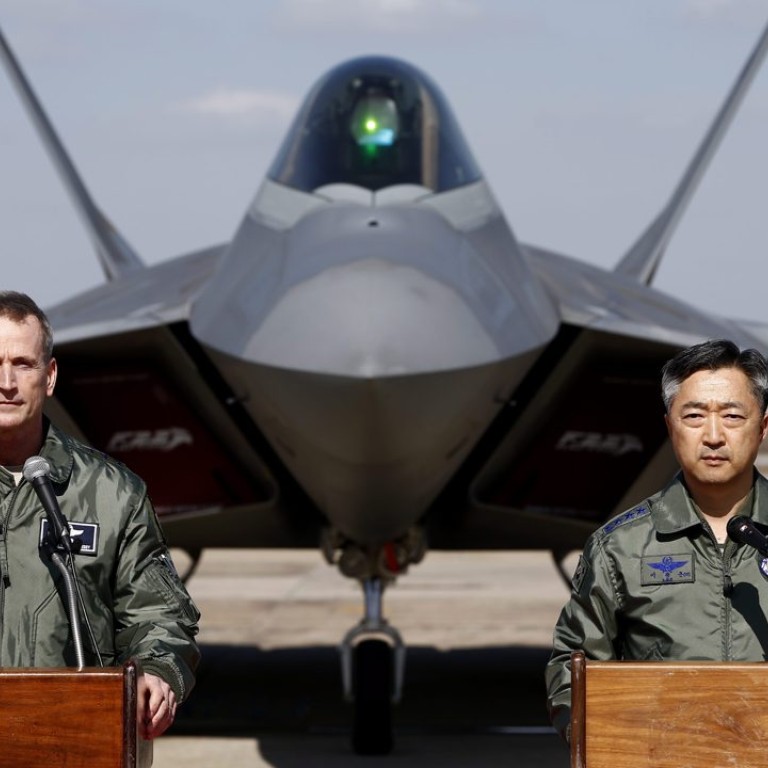
China’s mishandling of North Korea’s nuclear ambitions may come back to haunt it
Emanuele Scimia says Beijing’s unwillingness or inability to rein in Pyongyang has brought it the unwelcome consequence of greater US vigilance
The US and its allies in East Asia have always been suspicious of China’s attitude to North Korea’s military adventures. Recent events, such as Pyongyang’s launch of a long-range rocket and testing of an alleged hydrogen bomb, have contributed to this climate of mistrust towards Beijing.
China is often blamed for not pressuring Pyongyang enough, but now its ability to contain North Korea’s nuclear and ballistic ambitions is also being questioned.
If China cannot rein in North Korea, which is in economic disarray and almost totally dependent on trade with Beijing, then its much-trumpeted economic diplomacy does not go beyond empty rhetoric
In the face of the latest North Korean actions, Chinese leaders and officials have remarked that Beijing has no control over Pyongyang. Its diplomacy seems in a bind.
In fact, if China cannot rein in North Korea, which is in economic disarray and almost totally dependent on trade with Beijing, then its much-trumpeted economic diplomacy does not go beyond empty rhetoric. If this is the case, China’s search for a new type of international relations, based on win-win cooperation, could be questioned beyond the Pacific region.
Conversely, if Beijing can indeed influence Pyongyang, its inertia or unwillingness to rein in Pyongyang’s military programmes has produced unintended consequences, such as the probable deployment in South Korea of the Terminal High Altitude Area Defence (Thaad) battery, Washington’s ballistic missile interceptor system, and the arrival there of four US F-22 stealth jets for patrol missions.
READ MORE: Show of power: US stealth jets fly over South Korea amid nuclear standoff with Pyongyang

READ MORE: China ‘must prepare for war over North Korea’s rocket launch and nuclear tests’
The prospect that a Thaad missile system can be deployed on South Korean soil has particularly alarmed China (and Russia). Even though aimed at North Korea, the move would end up altering the strategic balance in East Asia.
A similar dynamic is under way in Europe, with Russia opposing Washington’s operations to develop an anti-missile shield from the Baltic Sea to the Eastern Mediterranean.
The build-up of new US military assets in South Korea is the latest in a string of strategic responses to China’s foreign policy conduct across the region. Beijing’s muscular posturing on territorial sovereignty over vast parts of the East and South China seas should be viewed in this sense; it is cementing what appears to be an anti-Chinese front in these contested waters, where Washington is increasing its military presence, as well as its engagement with allies and an old foe like Vietnam.
Thus, the handling of North Korea’s nuclear challenge can be viewed as a diplomatic misstep for China. Decisive fine-tuning is now required to make Beijing’s foreign policy more consistent with its bid for global relevance.
Emanuele Scimia is an independent journalist and foreign affairs analyst

